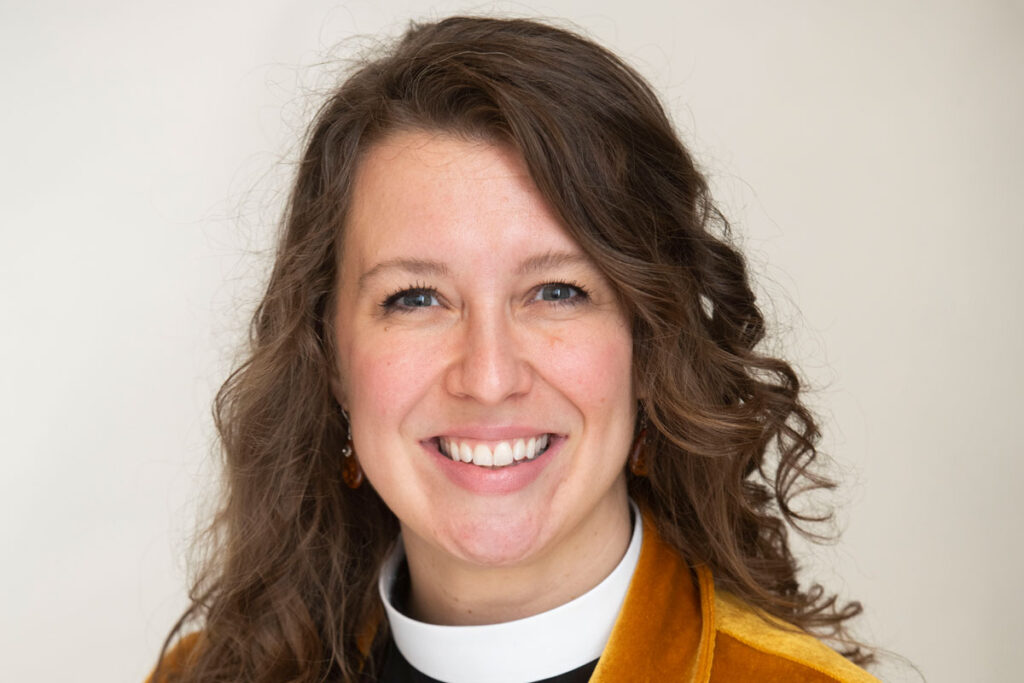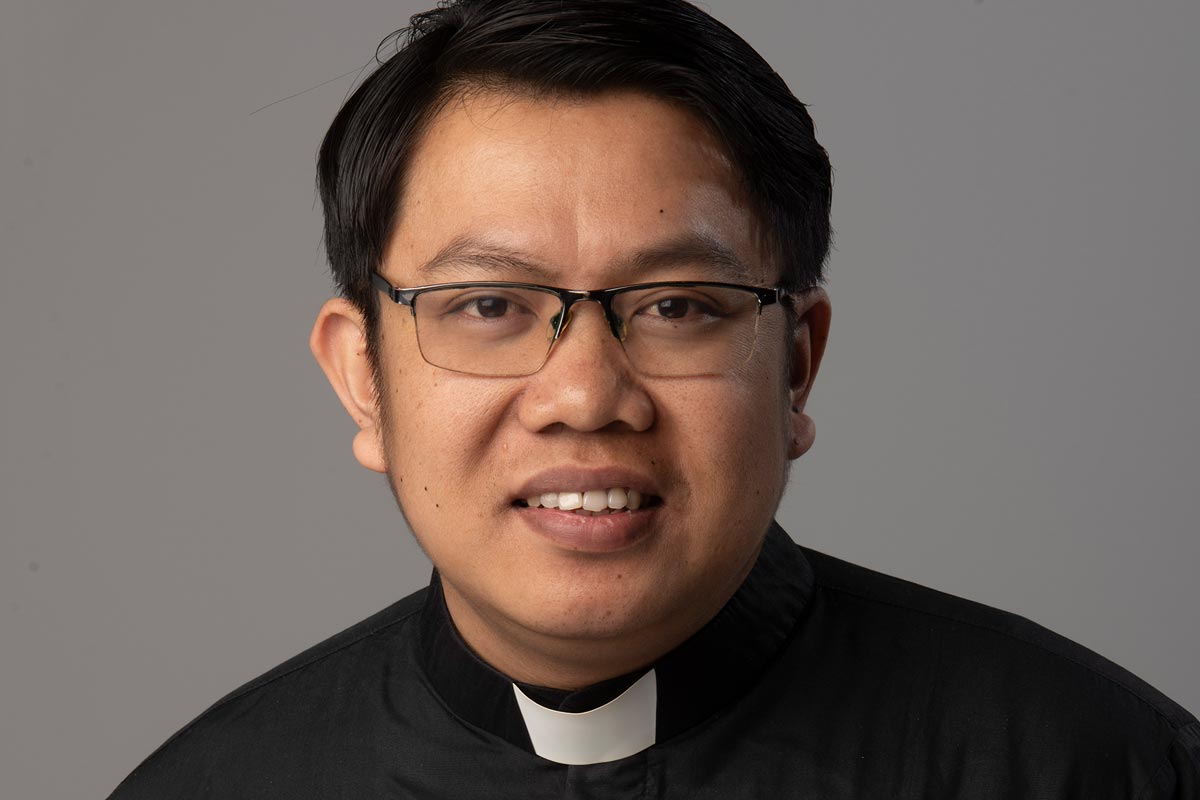
Krystle Moraska
she/her/ella
Master of Divinity, Environmental Ministry and Latiné/Hispanic Ministry Emphases.
What is your favorite memory of your time at LSTC?
When my family and I were invited to the International Students’ Christmas party. It was the first time we felt at home since moving to the United States. The intergenerational, multilingual, intercultural celebration of Christmas was such a gift and a very cherished memory by my whole family.
LSTC Music in the Quad, the outdoor concert and open mic night that was one of the first community events in the pandemic where we could safely gather outdoors and build community.
What was the most meaningful class you took?
Liturgy and the Cycles of Creation was among the most meaningful classes for me as it involved readings, discussions, experiential learning, and an invitation to think and act creatively. Here, I felt the pivot of my understanding that earth justice and human justice are intertwined. I found myself searching for more ways to creatively meet needs through liturgy and ritual.
I was also immensely shaped by classes in the Hispanic Summer Program, of which LSTC is a sponsoring institution. Learning in a majority Latiné environment with students and faculty from around the world, studying Latiné scholars shaped me in profound ways.
How did you feel supported during your seminary journey? Were you the recipient of any major scholarships? What communities or people uplifted you during your studies?
I am a Fund for Leaders recipient. My synod of origin (Northern Great Lakes Synod) collaborated with Fund for Leaders and supported me through this scholarship. I also received the Munderloh Challenge Grant, and a donation from a congregation in Kearney, Nebraska that had supported me and my family when we were ELCA missionaries.
What are your post-graduation plans?
Still unknown but dreaming of creatively living into new ways of being church together that are anti-racist, intergenerational, courageously expanding our understanding and affirmation of gender identity and sexuality, and committed to ongoing reformation influenced by the voices and perspectives of communities of color.
How did LSTC shape you as a future leader of the public church?
Through the wisdom of womanists who are faculty, classmates, and staff members. These Black women/femmes taught me about public church in ways that continue to unfold.

